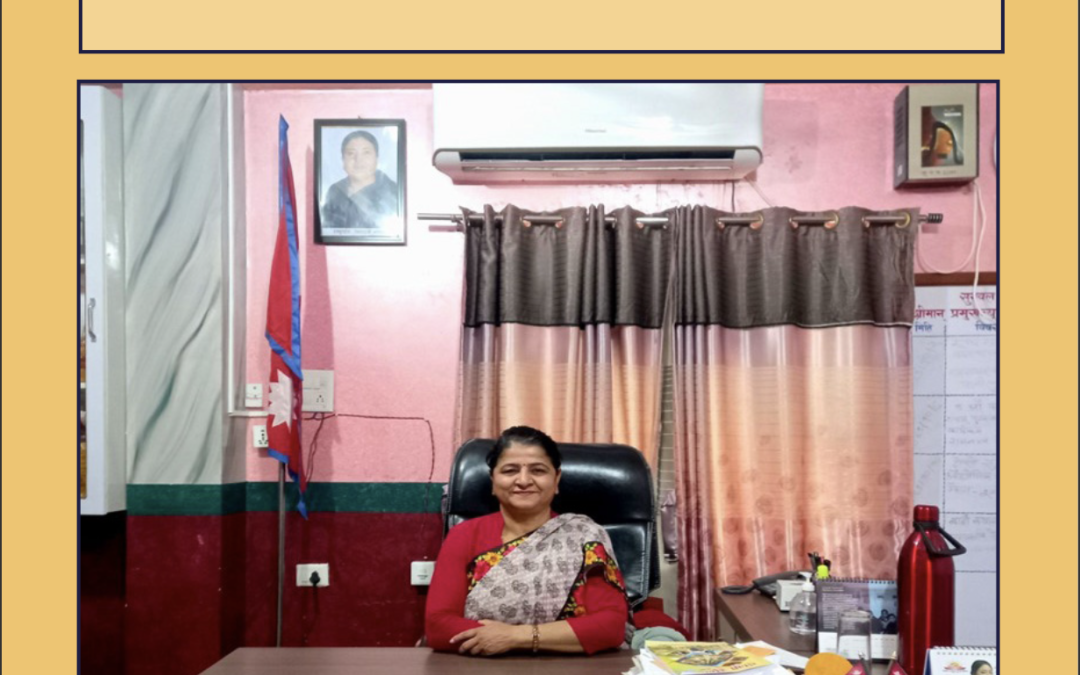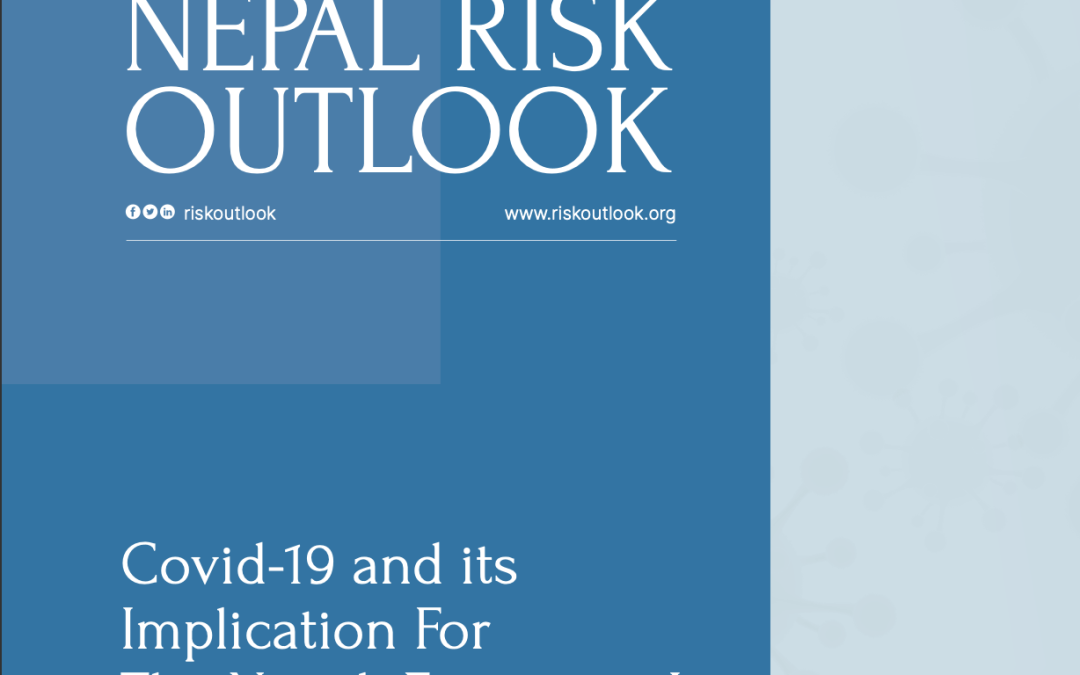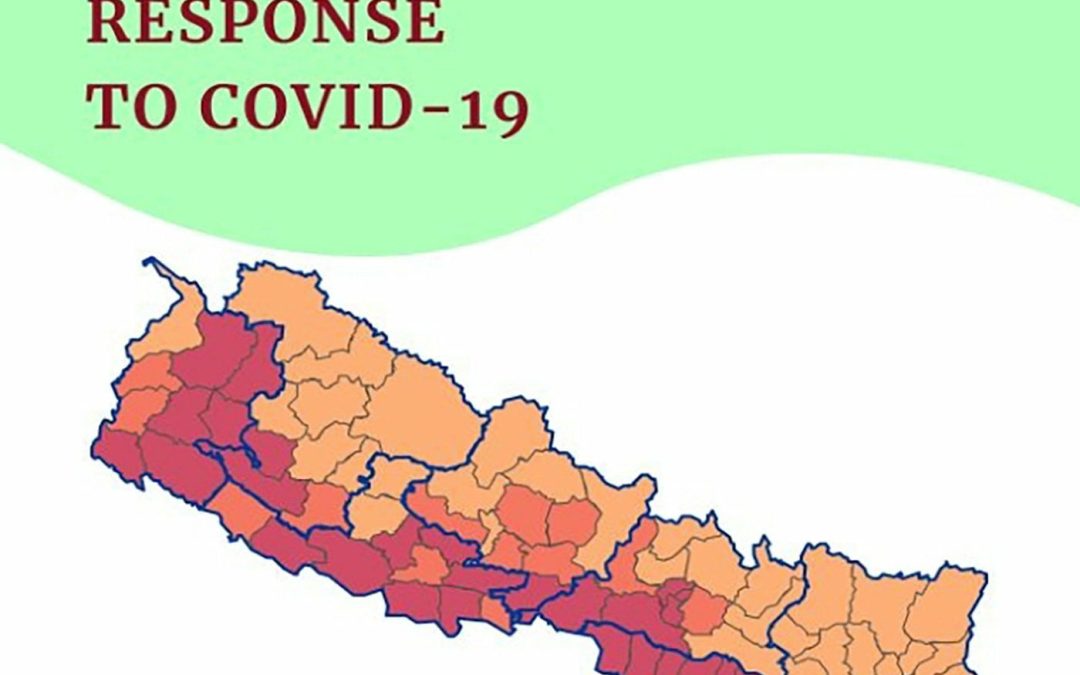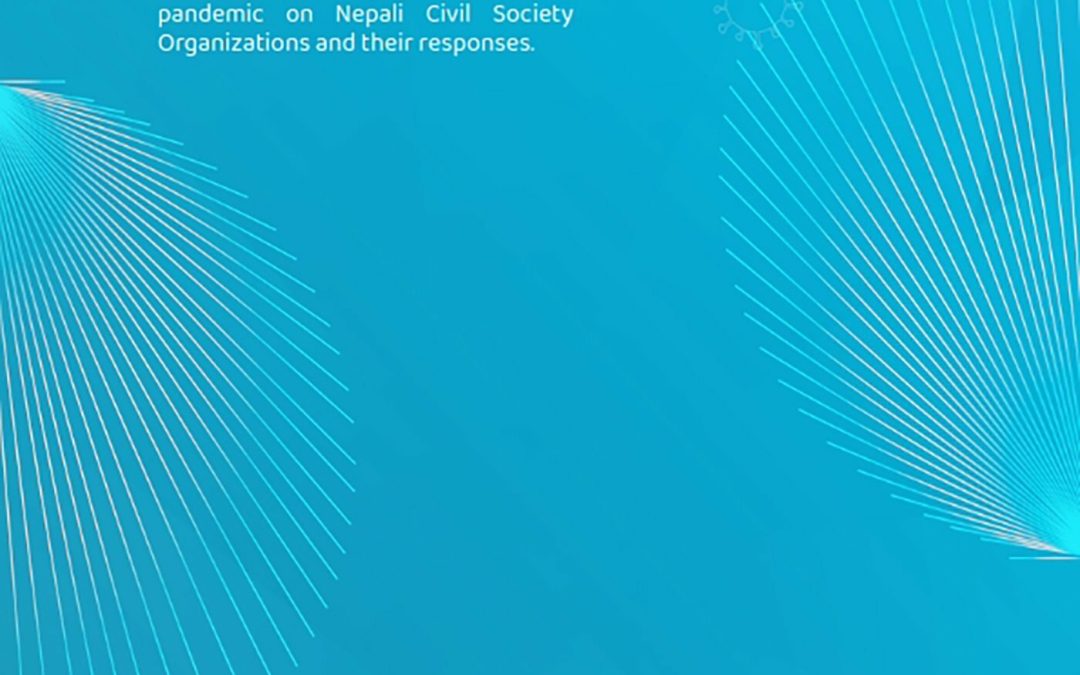Study Reports

Nominations and Electability – The Role of Gender Norms in Nepal’s Local Elections
Major political parties in Nepal nominate fewer women for competitive seats, despite claims of ‘gender blindness’ in their candidate selection process. This is the result of a flawed nomination process, as well as selection criteria that are inherently male-favouring. Female deputy chief executive candidates received marginally less votes than male counterparts but there was no statistically significant difference when females were the chief executive candidate, defying the myth that female candidates are less electable. The biases against female candidates do not end with the nomination process. Even if they win an election, women often face behaviours based on gender norms (such as women not being perceived as chief executives) that affect their performance.

Bi-Annual Document – Covid-19 and its Implication for the Nepali Economy (Part II)
Globally, the pandemic has been considered as one of the most severe health and economic crises of the twenty-first century and Nepal has not been an exception. In the case of Nepal, with three waves of the pandemic – one in 2020 and two in 2021 –...

Bi-Annual Document – Covid-19 and its Implication for the Nepali Economy (Part I)
Even after over a year of COVID-19 being announced as a pandemic, the pandemic’s onslaught continues to cast a dark shadow of uncertainty through concerted health, economic, and humanitarian crises playing out synchronously across the world. The...

Assessment of Provincial Governments’ Response to COVID-19
The Assessment of Provincial Government’s Response to COVID-19 was undertaken by Foundation and Development Management (FDM) and Nepal Institute for Policy Research (NIPoRe) primarily to understand and critically look into how the seven provinces...

Impact of COVID-19 on Nepali Civil Society Organizations
Civil Society Organizations (CSOs) are often at the forefront of crisis and are the early responders. The important role these organizations play during the crisis has been well documented (Johnsen & Stedronsky, 2017; Kämpe, 2018; Wendelbo et...

COVID-19 and its association with Smoking and Alcohol consumption – A Case of Nepal
The pandemic caused by COVID-19 has engulfed the whole world and has affected every facet of human life. Researchers have scrambled to figure out the association of the virus with various lifestyle choices to limit the spread mitigate its impact...
